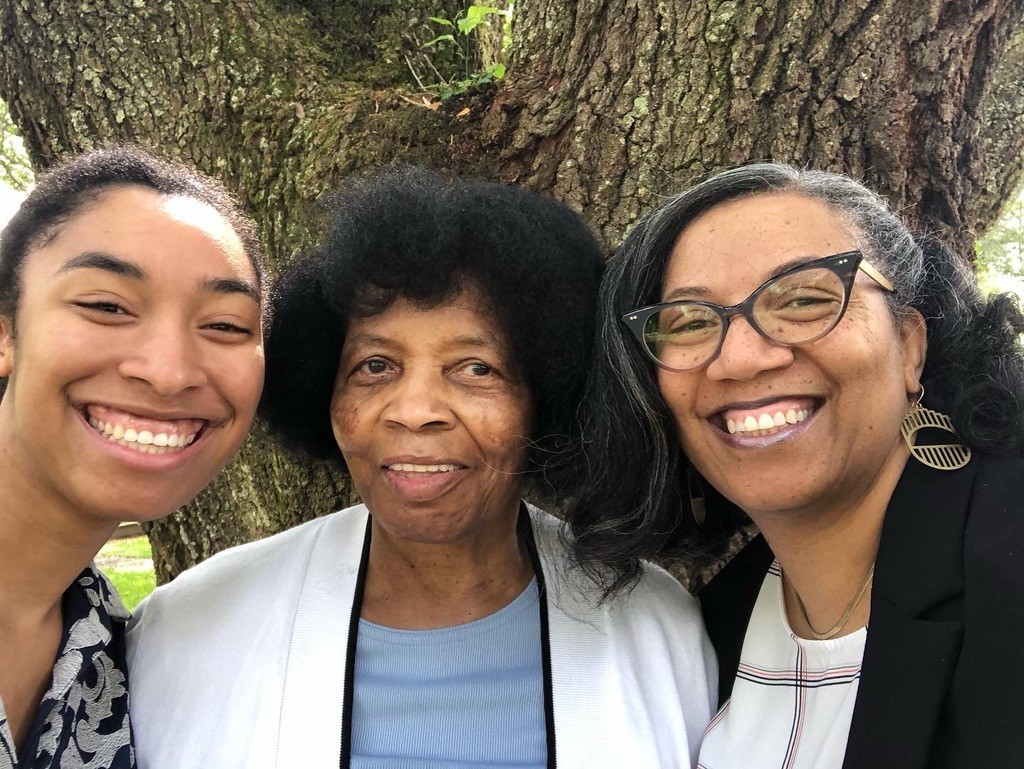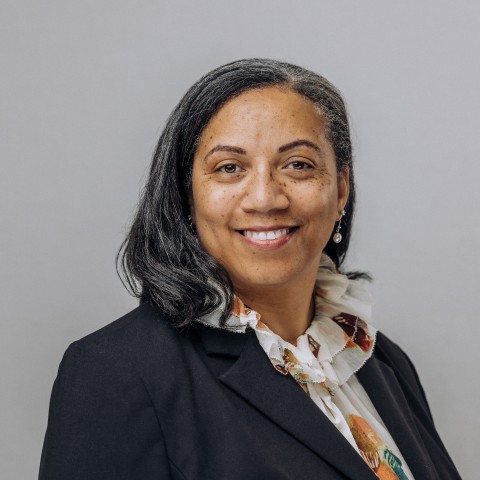Moving Past Our Country’s History of Racial Injustices Takes Forgiveness

Growing up Black in America, you are raised with the heavy truth that your ancestors may have been enslaved. But it's quite another experience to learn the details of the torture and indignity they endured.
When I learned I was one of the descendants of the enslaved individuals sold to Louisiana by Jesuit priests in order to prop up Georgetown University, it was so much to process. Raised as a Catholic, I now had to think about what the Church had done to my family—using my ancestors’ skills and their labor for their own gain. It was a devastating thing to grasp that people of my faith had distorted it in such a horrible way. But my Catholic faith is also one of the things that helped me through this time, because it taught me forgiveness.
My great-great-great grandfather Jackson Hawkins already had to live through the pain and anguish of growing up in slavery and being sold to Louisiana at just 3 years old. For his entire life, he lacked the freedoms that every American should have had. Is it possible to find a grand enough gesture to honor his involuntary sacrifice, and that of millions of enslaved individuals whose lives were stolen?
Jesus forgave those who sinned against him. He taught us that we need to love our neighbors. It is those in footsteps that I and my Christian brothers and sisters strive to walk every day. So when we talk about our country’s history of slavery, I’m of the opinion that we must reconcile to move forward. That requires forgiveness, and it requires the forgived to atone.
I understand why some look to monetary reparations as a solution to past injustices. But for me, the Descendants Truth & Reconciliation Foundation is the only way. Reparations will never compensate for a sin against God as immense as slavery. But by moving together in the spirit of forgiveness, we create a pathway to building lasting impact on our communities. That is how we can live out Jesus’ mission to carry us into salvation.

